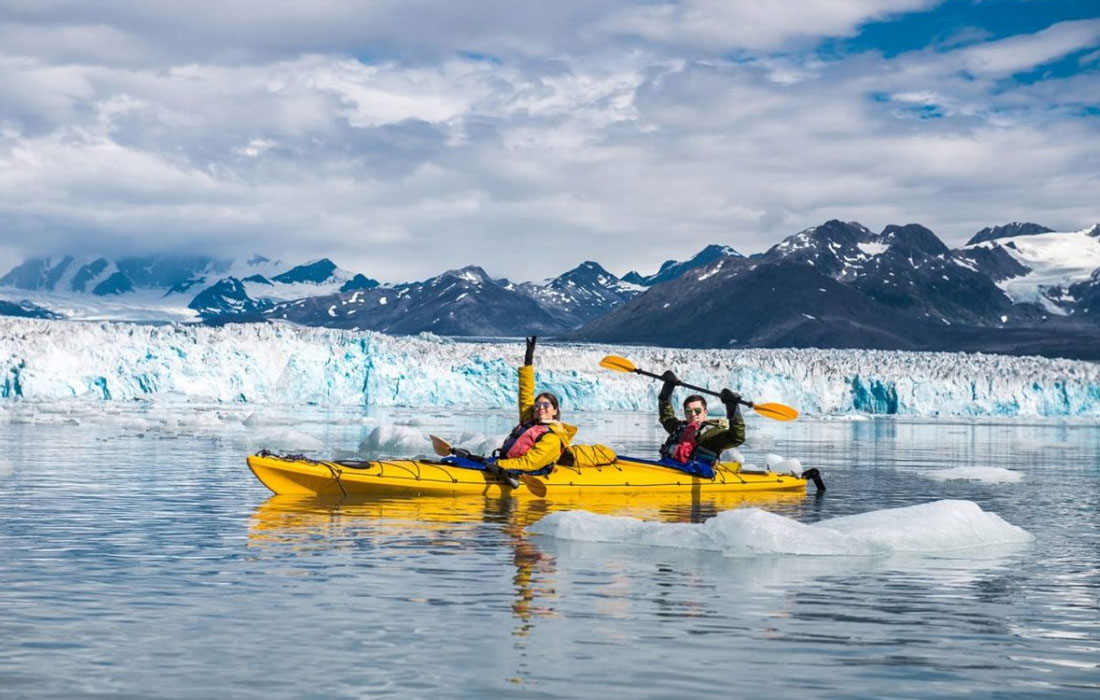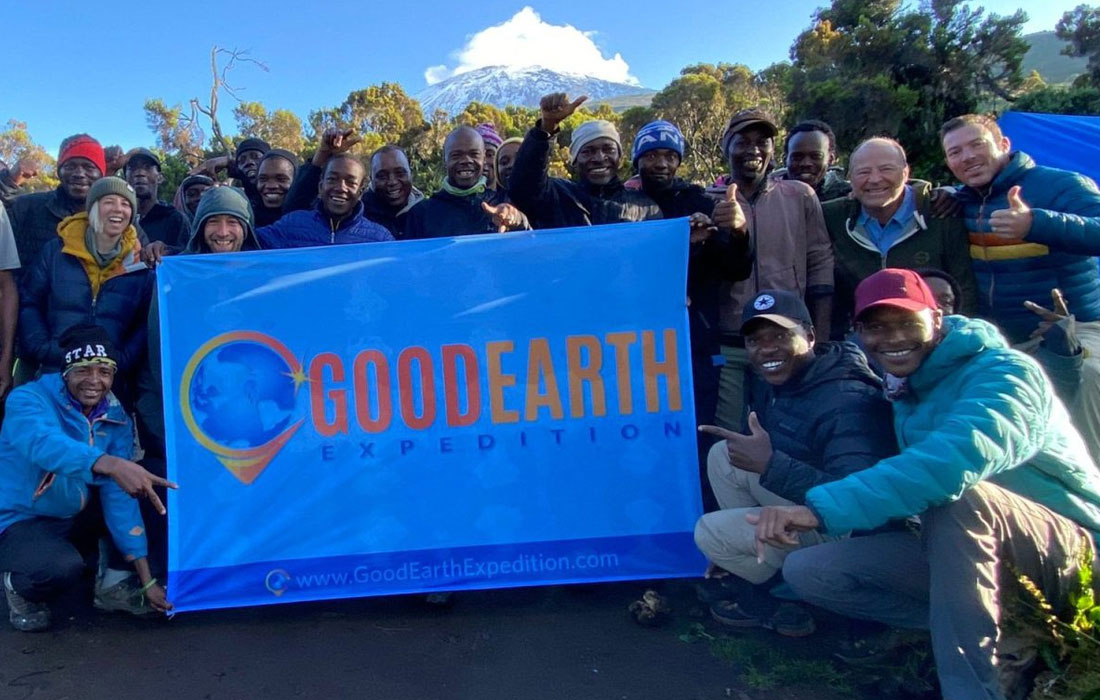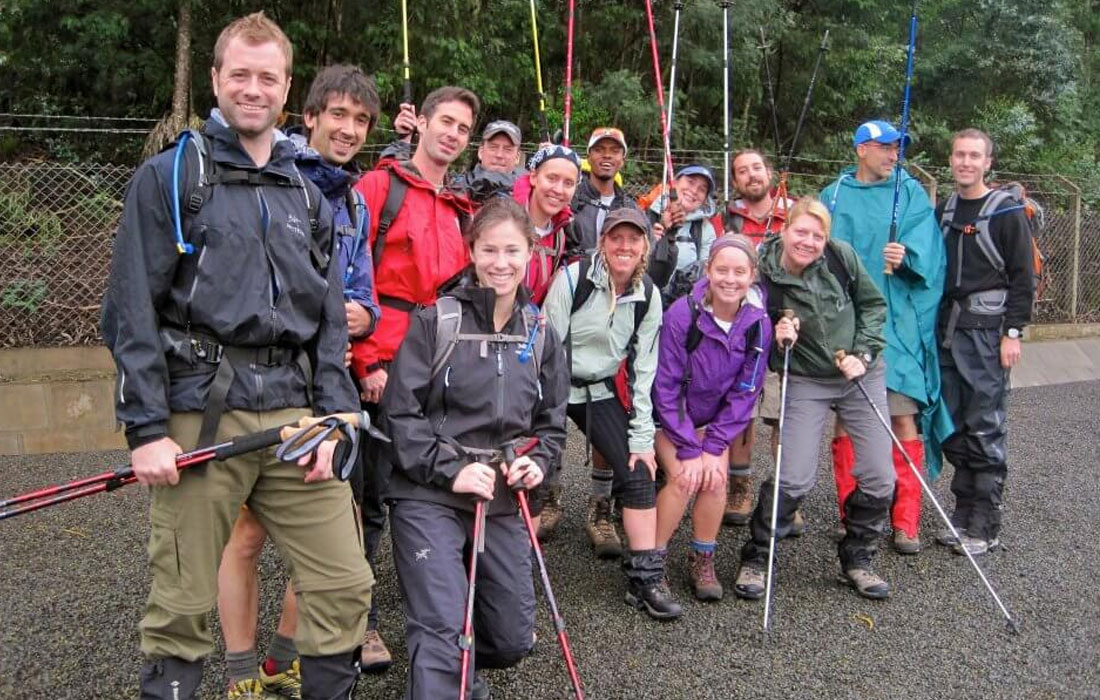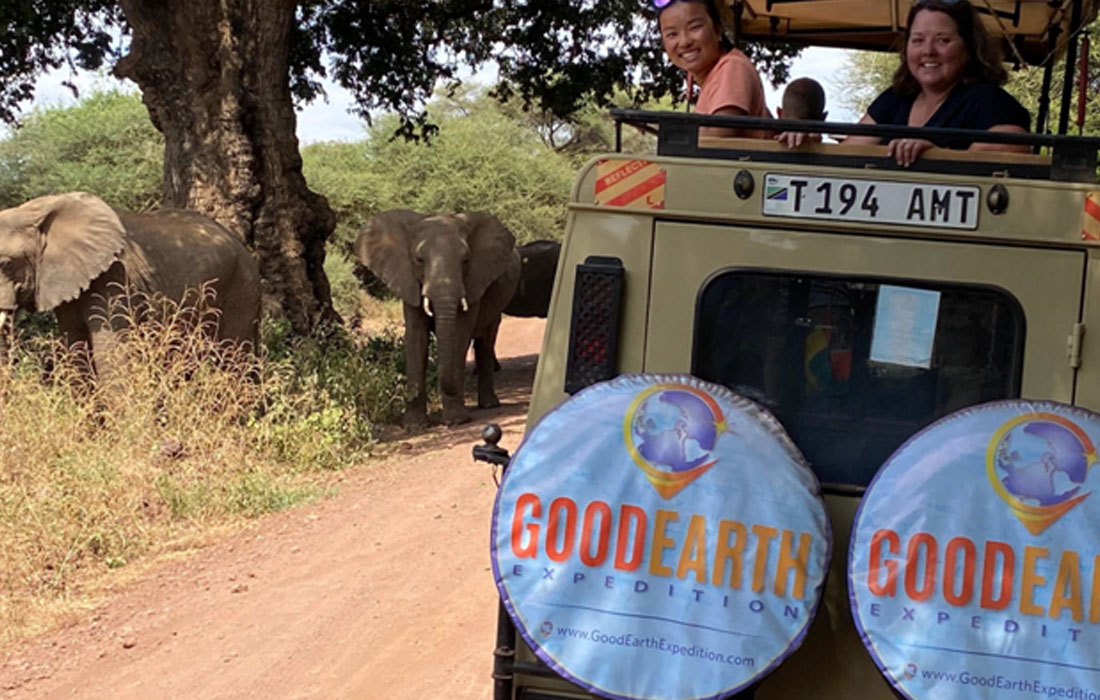Kilimanjaro Food
A healthy diet rich in nutritional food is the only way to maintain the physical fitness and strong resolve needed to climb Mount Kilimanjaro.
Kilimanjaro Food
We ensure that everything runs smoothly on your vacation when you climb the highest free-standing peak in the world with a trustworthy trekking company like Good Earth Expedition Tours.
When it comes to Kilimanjaro Food, we consider a proper diet that will provide enough energy in addition to your taste preferences.
We offer a Kilimanjaro Food Price List far less expensive than those of other budget trekking companies and any typical, hygienic restaurant in Moshi and Arusha towns. Our guides, porters, and cooks hike with you as you go up the mountain. We pick a skilled cook who knows how much energy you require.
Our chefs are quite experienced in making delectable Kilimanjaro food. Our experts will prepare your balanced, nutrient-dense Kilimanjaro Diet plan to get the ideal ratio of Kilimanjaro Food’s carbohydrates, proteins, and fats. When planning your vacation with us & let us know if you are on any particular diets.
To keep the climbers happy and well-fed on your Kilimanjaro climb, our chefs will serve large and healthy meals. You can enjoy hot beverages, breakfast, and dinner with locally-sourced ingredients. We ensure that the food is delicious and safe by following strict hygiene standards. To cater to the energy demand of the trek, our menus are designed to be nutritionally dense.
Kilimanjaro Daily Kilimanjaro Sample Menus
For dining, we have a dining tent with chairs. Each day you will be served different meals Like:
- Porridge followed by sausage and eggs
- Toast and marmalade
- Jams and hot drinks such as tea, coffee, or chocolate.
As a climber, you can communicate with a guide about your appetites.

Kilimanjaro Lunch Consist
- boiled eggs
- sandwiches
- chicken portion
- fresh fruit
- cold drink
All these are usually packed lunches that you will carry in your daypack. Afternoon tea is served with peanuts, salted popcorn, biscuits, and plenty of hot drinks at the end of the day’s walk.
For dinner, you can enjoy soups, chicken or meat, a vegetable sauce, cabbage, rice, potatoes, pasta, and fresh fruit for dessert.
When you see some of your favorite food brands, such as Heinz, Nescafe, and Nestle, don’t be surprised because, as you are far from home, we recognize that it’s nice to have some creature comforts.
If you have any dietary restrictions, let us know in advance because we can accommodate all dietary restrictions. We recommend you bring along some of your favorite “energy” foods, as some specialty ingredients can be hard to source in Tanzania in case of rigorous diets.
Reduced appetite is one widespread effect of altitude. Meals with excellent and rich carbohydrates are served by us. Carbohydrates are the most efficient fuel for optimizing performance at altitude, speeding up recovery, and replenishing muscle glycogen for the next day’s activities.
It also increases ventilation and blood oxygenation, which is why a high carbohydrate diet at altitude is recommended to alleviate symptoms of AMS.
Because of the lowered hunger, foods high in carbohydrates often taste better than those high in protein or fat, and altitude alters your metabolic processes. You’ll need significantly more energy than you do at home because of your hiking hours and your body’s adjustment to the altitude.
Many times, seasoned hikers are astonished by the quality and variety of cuisine from our mountain kitchens after being accustomed to eating awful dehydrated foods on the path. We don’t use dried “ready meals,” only fresh produce, and our porters carry all of the food up Mount Kilimanjaro.
Kilimanjaro Drinking Water On Kilimanjaro
We always give our climbers pure, filtered, and boiling water. A key contributor to digestive issues in Africa is ingesting untreated water. All our water is treated, including the water used to wash dishes and cook
It’s crucial to stay hydrated for acclimatization. If you’re taking Diamox to aid acclimatization, you need to maintain fluid intake because the dry air, exercise, and altitude can fast cause you to become dehydrated.


Kilimanjaro How Much Water Should You Drink ?
3 to 4 liters of water should be your daily goal. If you find plain water too boring, we suggest adding an electrolyte solution and any flavoring drops.
We don’t bring sodas or bottled water; tea, coffee, hot cocoa, squash, and fruit juices will be available at each Kilimanjaro camp.
Kilimanjaro On The Mountains
Hear from our travelers
We team up with the best to give you an unmatchable experience.
From the mountain view to the accommodation, flight booking, and everything associated with the vacation, Good Earth Expedition had an excellent team, and we sure had the best vacation experience.
Mathew Flunum

AT GOOD EARTH EXPEDITION, WE GO WILD WORLD WIDE
From the mountain view to the accommodation, flight booking, and everything associated with the vacation, Good Earth Expedition had an excellent team, and we sure had the best vacation experience.
Mathew Flunum
The Good Earth Expedition was impressive with their destination ideas, and there were just amazing people.
Germain

PERFECTLY PLANNED AND EXECUTED BY CONSEA
The Good Earth Expedition was impressive with their destination ideas, and there were just amazing people.
Germain
From the Tanzania budget Safari to the Wildlife photography and Alaskan Wilderness, the trip was carefully planned by Good Earth Expeditions.
John Boxler

CONSEA, PROVIDED ALL THE VALUABLE INFORMATION
From the Tanzania budget Safari to the Wildlife photography and Alaskan Wilderness, the trip was carefully planned by Good Earth Expeditions.
John Boxler
Excellent trip covering several tourist sites in Northeastern Tanzania. Good hotels and accommodations, plus a friendly and competent team from Good Earth Expeditions.
Brian J Mangereli

EXCELLENT TRIP COVERING SEVERAL TOURIST
Excellent trip covering several tourist sites in Northeastern Tanzania. Good hotels and accommodations, plus a friendly and competent team from Good Earth Expeditions.
